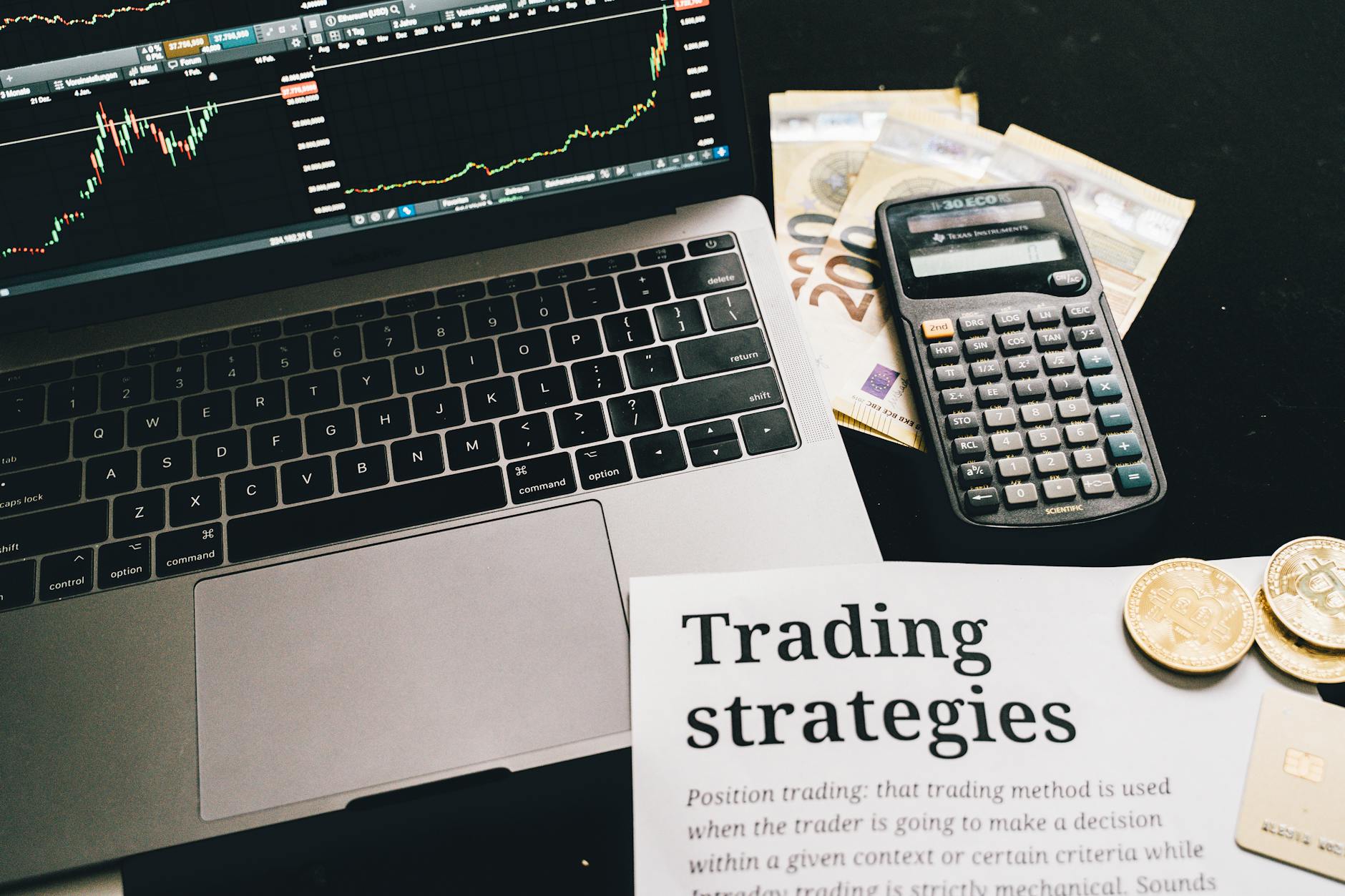Gentlemen, let’s talk about something close to my heart: the exquisite intersection of ethical investing and profoundly good coffee. As a retired stockbroker—yes, I actually dealt with paper and phones—and a coffee aficionado of…intense dedication (I triple-filter my water, you know), I’ve noticed a compelling correlation. It seems that companies with robust corporate governance and a genuine commitment to ethical practices tend to perform rather well. Who knew virtue could be so profitable?
Scrutinizing the Bean Counters: Corporate Governance and Performance
Now, I know what some of you are thinking: ‘Gil, you’re talking about ethics in the cutthroat world of finance? Get real.’ And I’ll admit, the notion that doing good could also do well for your portfolio might sound like a pipe dream. But research suggests otherwise. Numerous studies indicate a strong positive correlation between strong corporate governance and long-term shareholder value. This isn’t about altruism; this is about smart investing. Think of it as a superior blend—robust flavor (returns) combined with an ethical aftertaste (knowing your investment is doing good).
A study published in the Journal of Financial Economics highlights the link between corporate governance mechanisms and firm performance. They found that companies with better governance practices—think independent boards, strong internal controls, and transparent reporting—tended to have higher valuations and lower risk profiles. It’s all about mitigating that volatility, much like carefully selecting a coffee bean from a specific terroir. You wouldn’t just grab any bean, would you?
Ethical Investing: A Brewing Trend
The demand for ethical and sustainable investments is growing exponentially. More and more investors—myself included—want their portfolios to align with their values. It’s not simply a matter of avoiding companies with unsavory reputations. It’s about actively seeking out businesses that prioritize environmental sustainability, fair labor practices, and responsible resource management. This conscientious approach makes as much sense as carefully hand-grinding your beans for optimal extraction—the result is far superior.
This shift is driven by a combination of factors, including increased awareness of environmental and social issues, and the growing recognition that a company’s social and environmental impact can affect its long-term financial performance. A company with a toxic reputation, whether it be due to environmental damage or unethical labor practices, can face boycotts, legal challenges, and reputational damage that eats into the bottom line. It’s like using a cheap, nasty coffee filter—you might save a few pennies, but the result is a bitter brew.
Practical Steps: Screening for Ethical Companies
So, how do you, the discerning investor (and hopefully also a connoisseur of fine coffee), screen for companies that align with your values? There are several resources available to help you in this quest. You can check out ESG (Environmental, Social, and Governance) ratings from reputable providers; these ratings help assess a company’s performance in these areas. These ratings aren’t foolproof, mind you, but they are an essential tool for thoughtful research.
Moreover, you can look into companies’ sustainability reports, which frequently detail their environmental and social initiatives. I also encourage you to delve into the nitty-gritty details of corporate governance. For example, who is on the board? Are there independent directors with strong financial acumen? How transparent is the company’s reporting? These are all questions worth asking. In fact, finding a good ethical investment takes more dedication than hand-roasting my own beans, but the results are incredibly rewarding. For a less time-intensive method, you can check out this helpful resource from the Securities and Exchange Commission—they know a thing or two about corporate governance.
The Bottom Line: A Richer Brew
In conclusion, responsible investing isn’t just a feel-good exercise; it’s a smart strategy that can enhance your returns while aligning your portfolio with your values. By carefully considering corporate governance, ethical business practices, and readily available ESG data, you can create a portfolio that provides both financial and social returns. And hey, while you’re meticulously curating your investments, why not enjoy a perfectly brewed cup of coffee from your trusty manly coffee mug? It makes the whole process a lot more enjoyable.
Now, if you’ll excuse me, I have a very specific type of Ethiopian Yirgacheffe waiting for me. It needs my full attention. Don’t worry, I’ll be back—and possibly late, despite my two watches.


